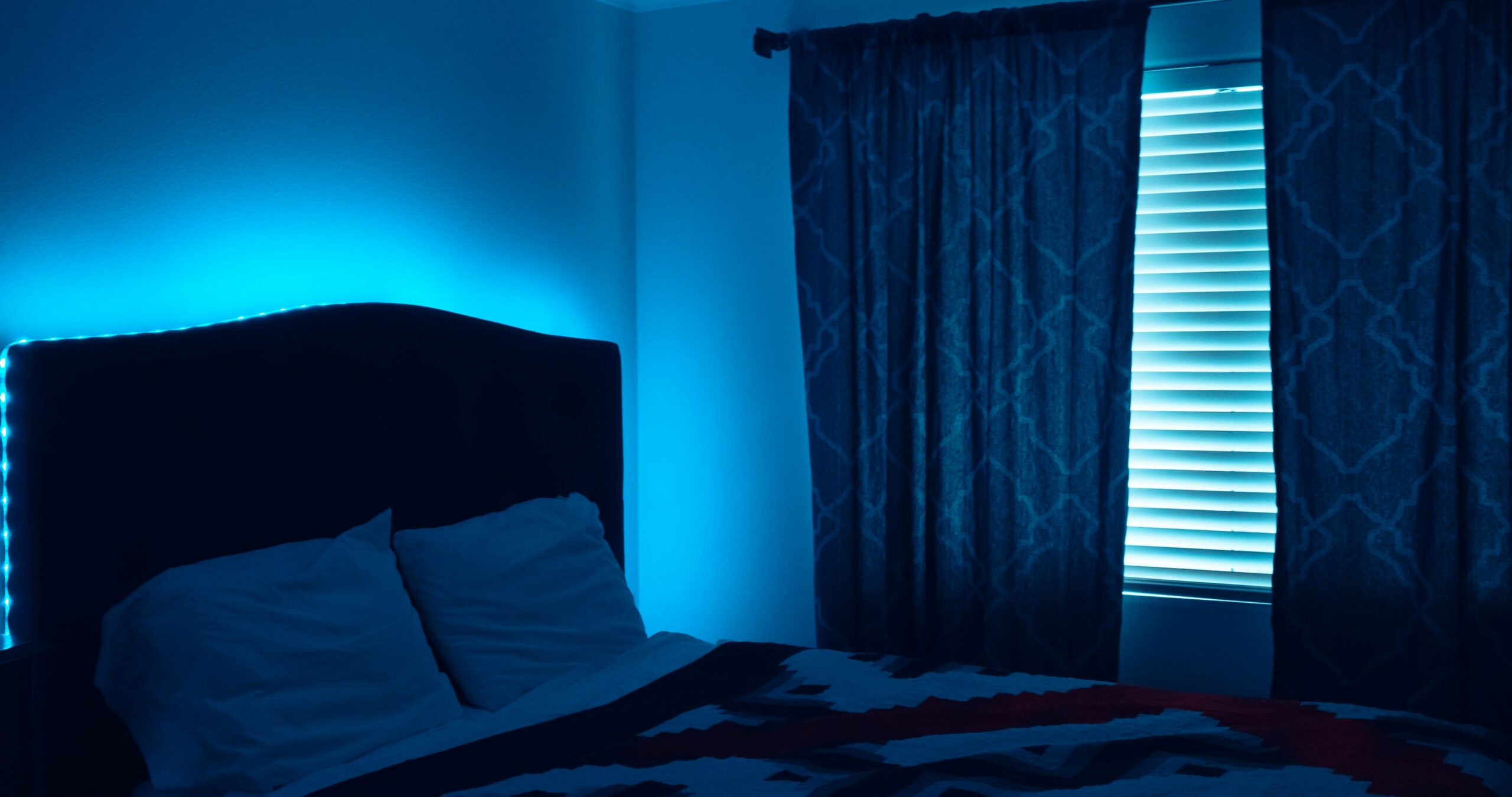Sleep Optimization: Enhancing Health Through Quality Rest
In recent years, awareness of the importance of quality sleep has surged. People are beginning to recognize that a good night’s rest is essential not only for physical health but also for mental well-being and productivity. As a result, sleep optimization has become a key focus, with the rise of tools and technologies—such as smart mattresses, sleep apps, and circadian lighting—designed to improve sleep patterns and promote restorative rest.
The Rise of Sleep Optimization
Sleep optimization focuses on improving both the quality and duration of sleep through a range of practices and tools. As research continues to highlight the benefits of quality sleep—such as enhanced immune function, improved memory, and better mood—more people are making sleep a priority. By adopting new sleep technologies and strategies, individuals can optimize their rest and, in turn, enjoy greater overall health.
Smart Mattresses for Customized Comfort
Smart mattresses have become one of the leading tools in sleep optimization, offering personalized adjustments to enhance comfort and support. These high-tech mattresses can monitor various factors, such as body temperature, sleep position, and heart rate, to adjust firmness and temperature automatically throughout the night. By responding to an individual’s specific sleep needs, smart mattresses promote uninterrupted, high-quality sleep, helping users wake up feeling more refreshed and energized.
Sleep Apps for Tracking and Improvement
Sleep apps have also gained popularity as convenient tools for tracking and improving sleep habits. These apps analyze data such as sleep duration, sleep stages, and disturbances, providing insights that help users understand their sleep patterns. Many sleep apps also offer features like guided meditations, calming sounds, and sleep coaching to aid relaxation and reduce anxiety before bed. By offering data-driven insights and personalized recommendations, sleep apps are empowering people to take control of their sleep quality.
Circadian Lighting for a Natural Sleep-Wake Cycle
Circadian lighting is another innovative approach to sleep optimization, designed to mimic natural light patterns that regulate the body’s internal clock. These lighting systems adjust their intensity and color temperature throughout the day to align with the body’s circadian rhythm. In the morning, they emit bright, blue-toned light to stimulate alertness, while in the evening, they shift to warmer tones that promote relaxation and signal the body to prepare for sleep. By aligning with natural light cues, circadian lighting helps regulate the sleep-wake cycle, making it easier to fall asleep and wake up naturally.
The Importance of Creating a Sleep-Conducive Environment
Beyond technology, a sleep-friendly environment is essential for optimizing rest. Factors like room temperature, noise level, and bedding quality play a significant role in sleep quality. Many are now investing in blackout curtains, white noise machines, and hypoallergenic bedding to create the ideal sleep environment. Simple changes, such as keeping the bedroom cool and minimizing light exposure, can make a substantial difference in promoting deep, restorative sleep.
The Role of Consistent Sleep Schedules
Maintaining a consistent sleep schedule is one of the most effective ways to improve sleep quality, as it helps regulate the body’s internal clock. Experts recommend going to bed and waking up at the same time every day, even on weekends, to establish a stable sleep-wake cycle. By following a consistent schedule, individuals can fall asleep more easily and experience deeper, more restful sleep, making it a cornerstone of any sleep optimization routine.
Mindfulness and Relaxation Techniques for Better Sleep
In addition to technological aids, mindfulness and relaxation techniques are powerful tools for improving sleep. Practices such as deep breathing, progressive muscle relaxation, and meditation help calm the mind and prepare the body for sleep. Many people find that incorporating these techniques into a bedtime routine reduces stress and anxiety, allowing them to fall asleep more easily. The focus on relaxation underscores the holistic approach to sleep optimization, which addresses both physical and mental aspects of rest.
The Long-Term Benefits of Quality Sleep
Quality sleep has numerous long-term benefits, including reduced risk of chronic illnesses, better cognitive function, and improved emotional well-being. By optimizing sleep, people are investing in their long-term health, as restful sleep supports immune function, heart health, and mental resilience. The positive effects of quality sleep extend beyond the bedroom, influencing performance, mood, and overall quality of life. As sleep optimization becomes a priority, individuals are setting themselves up for greater vitality and well-being.
The Future of Sleep Optimization
With advancements in sleep science and technology, the future of sleep optimization holds exciting possibilities. Innovations in wearable devices, biometric analysis, and artificial intelligence are expected to provide even deeper insights into individual sleep needs. As more people recognize the critical role of sleep in health and productivity, the sleep optimization industry is set to expand, with new products and services tailored to improve the quality of rest.
In conclusion, sleep optimization is transforming the way people approach rest, with a range of tools and practices that promote high-quality sleep. From smart mattresses and sleep apps to circadian lighting and mindfulness techniques, these innovations are helping individuals achieve better sleep and, ultimately, better health. As society places greater emphasis on sleep quality, the focus on optimizing rest will continue to grow, underscoring the essential role that sleep plays in overall well-being.


































